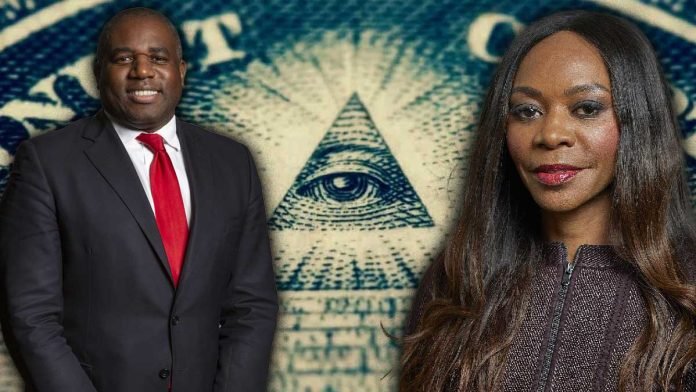British Politicians In the Shadows of Influence: The Hidden Agenda of Bilderberg
In the splendid seclusion of Lisbon’s Pestana Palace, the annual Bilderberg Meetings unfolded, an exclusive gathering of the world’s powerful elites, diplomats, and lobbyists.
The veil of secrecy surrounding this event raises questions that demand answers. Who are these influential individuals, and in whose name do they convene to discuss matters that will inevitably affect the lives of countless people? Who sits at the helm of this clandestine high council?
This annual event, known for its networking, diplomacy, and lobbying, raises questions about the true agenda and the individuals who preside over this high council of power.
The Bilderberg website states: The Meeting is a forum for informal discussions about major issues. The Meetings are held under the Chatham House Rule, which states that participants are free to use the information received, but neither the identity nor the affiliation of the speaker(s) nor of any other participant may be revealed.
When I see such a gaggle gathering, I’m immediately reminded of Tony Benn’s essential five questions, I ask myself can these people belonging to such an organisation withstand the scrutiny of Benn’s litmus test: “What power have you got? Where did you get it from? In whose interests do you use it? To whom are you accountable? How do we get rid of you?”
The answer is a resounding no…
Then why would a Labour Party frontbencher like David Lammy be associated with the Bilderberg Group? The very nature of this group contradicts the principles that a supposed Democratic working-class Party should uphold. Yet, the Labour Party appears to have no rules regarding membership in secretive, unaccountable, and elitist organisations with hidden agendas.
Even the Labour Leader, Sir Keir Starmer, belongs to one such organisation, the Trilateral Commission. And his right-hand man, Lord Peter Mandelson, not to be left out straddles both the Trilateral Commission and the Bilderberg organisations keeping his feet in all camps as did his old friend Jeffery Epstine.
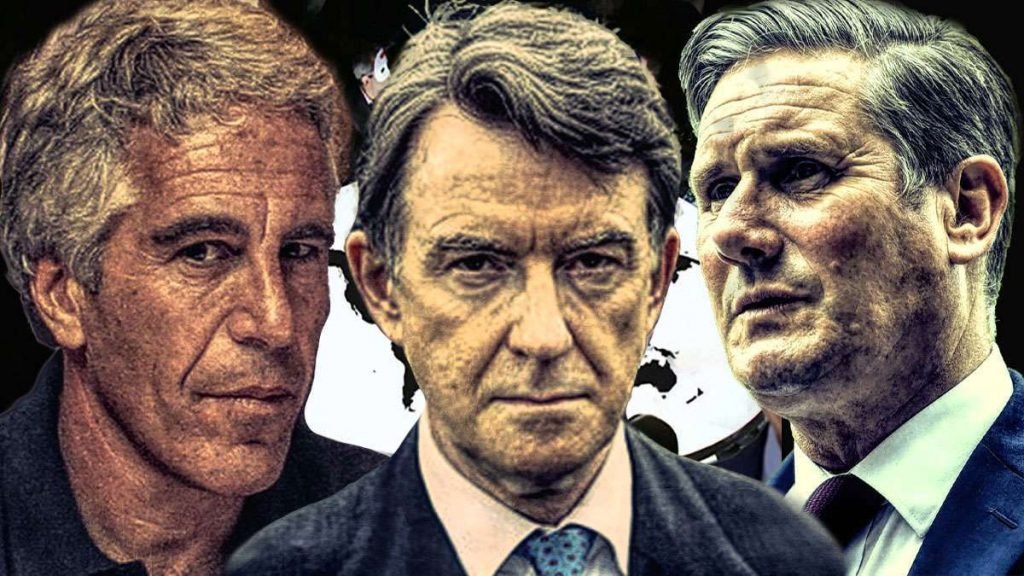
In a democratic system, authority is derived from the people. It is they who bestow power upon their representatives, trusting them to act in their interests and uphold the principles of transparency and accountability. Yet, here we have Lammy, a prominent figure in the Labour Party, gallivanting off to secret meetings with the global elite, where decisions are made behind closed doors, away from the prying eyes of the public.
One cannot help but question the integrity of a Labour MP cosying up to the oligarchy while simultaneously preaching about championing the rights of the working class. It is a jarring juxtaposition, to say the least. The Labour Party, known for its progressive stance and purported commitment to egalitarianism, seems to have no qualms when it comes to its members hobnobbing with the wealthy and influential, plotting the course of their elusive “new world order.”
The question begs to be asked: What authority does David Lammy gain from the people if he deems it acceptable to participate in secretive gatherings that directly contradict the principles of accountability and democratic representation? Is this not a blatant betrayal of the very foundation upon which his authority is built?
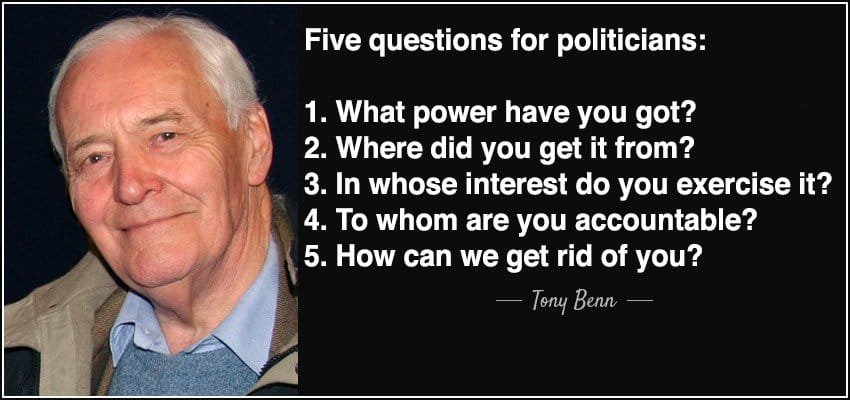
It appears that the Labour Party has developed a selective sense of moral outrage. While it fervently condemns right-wing organisations and even prescribes Left-wing groups and organisations, it turns a blind eye when its own MPs engage in shadowy meetings with the global elite.
The hypocrisy is staggering. The party’s left-wing credentials seem to crumble in the presence of power and privilege, conveniently discarded when it suits their political ambitions.
It should be noted, David Lammy is the only member of the House of Commons to attend the 2023 Bilderberg meeting, last year he was accompanied by Tory MP Michale Gove. However, he won’t be flying alone. Lammy will be accompanied by a member of the other house that unelected lot in the House of Lords. Extremely interesting Tory peer Baroness Moyo will have a lot to chat about on the flight over, both the precipitants of American university scholarship.

The Bilderberg Meetings: Where Power, Secrecy, and Influence Collide
The Bilderberg Meeting, with its legacy of secrecy and opaque decision-making, stands as a stark symbol of the disconnect between the ruling class and the ordinary citizens they claim to represent. Lammy’s attendance at such a gathering raises serious concerns about whose interests he truly serves. Can he faithfully represent the voice of the people while rubbing shoulders with the very individuals who wield immense influence and shape global affairs behind closed doors?
Accountability is the lifeblood of a functioning democracy. It is the mechanism through which the public holds their elected officials responsible for their actions. The case of David Lammy and his involvement with the Bilderberg Meeting is a clear affront to this fundamental principle. It reveals a disturbing willingness on the part of certain politicians to abandon their duty to the people in favour of cosying up to the global elite.
In an era marked by widespread disillusionment with politics and growing scepticism towards the ruling class, actions like Lammy’s only deepen the divide between the governed and the governing. The Labour Party continues to lose its credibility as a champion of the people, Its members are unable to confront this issue head-on or reevaluate its stance on secretive and undemocratic gatherings like the Bilderberg Meetings.
The public deserves transparency, accountability, and leaders who prioritise their interests above those of the global elite.
The Puppet Masters: Exposing the Power Players of the Bilderberg Meetings
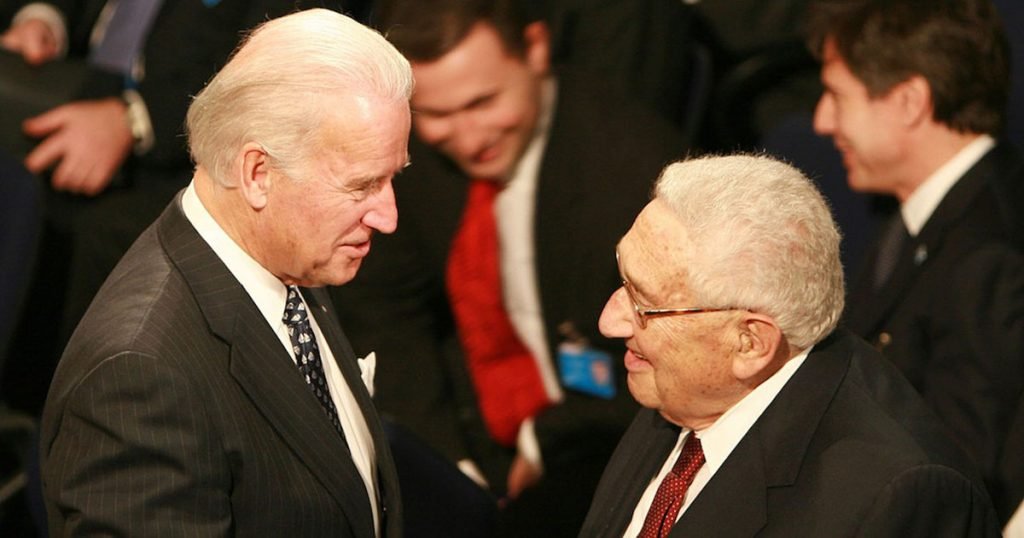
The official agenda of this secretive gathering, a convergence of the world’s most powerful people, featured discussions on artificial intelligence (AI) led by Sam Altman, the CEO of OpenAI. Altman met with other tech titans like Satya Nadella, Microsoft CEO, Demis Hassabis, head of DeepMind, and Eric Schmidt, former CEO of Google. Political heavyweights such as Henry Kissinger, former U.S. Secretary of State, Jens Stoltenberg, NATO Secretary-General, and Dmytro Kuleba, Ukrainian Foreign Minister, joined the discussions on topics ranging from international relations and trade to energy and finance.
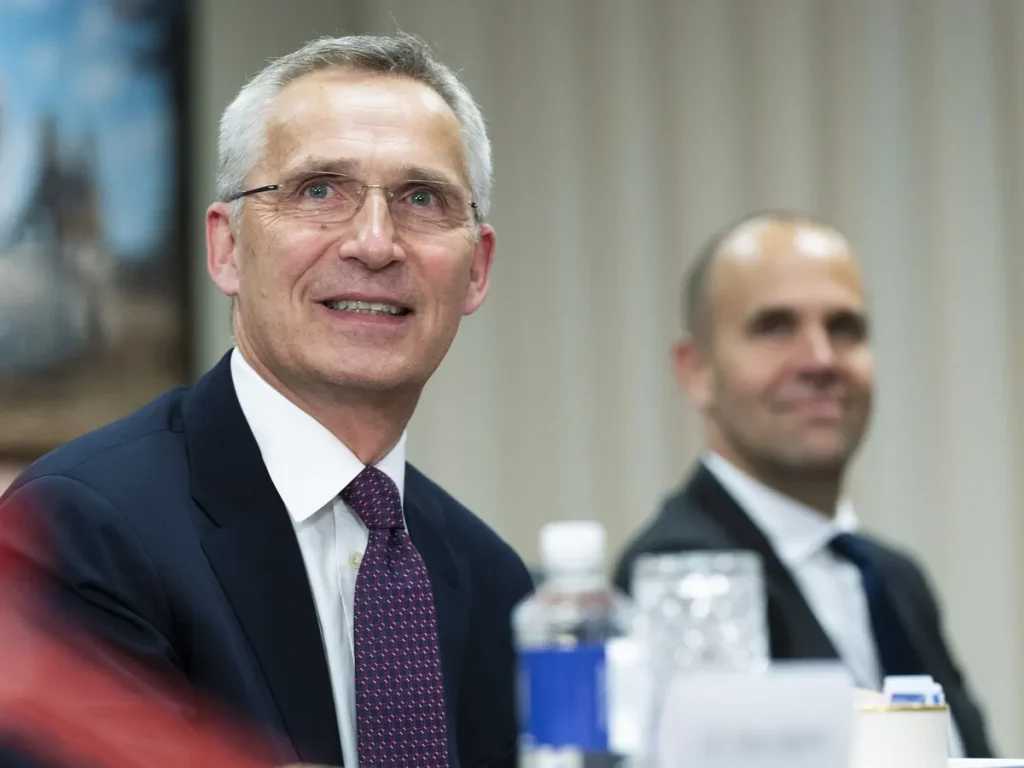
Ukraine, Russia, and NATO dominated the conference’s discussions, while “Fiscal Challenges” and “Transnational Threats” offered brief respites. As the supreme allied commander Europe remarked, “Today, our security environment is more dangerous than it has been since the Cold War.” The 69th Bilderberg conference, held at the magnificent Pestana Palace, appeared like a council of war, drawing attention to the critical issues at hand. It was evident that Ukraine’s foreign minister did not attend the meeting for the joy of Lisbon’s trams, and the presence of numerous U.S. intelligence officials, including Avril Haines, Biden’s director of national intelligence, added to the gravity of the discussions.
Inside the Bilderberg Meetings
The claims of China’s ambitious objective to “rearrange the world order” was highlighted by Elizabeth Economy, attending her second Bilderberg as Biden’s senior adviser for China at the Department of Commerce.
This rising “China-centric order” poses a direct challenge to the elite forum that has, for nearly seven decades, helped shape and nurture the Western world order. While the Bilderberg attendees may not oppose a new world order, they insist it should be manufactured within the confines of their closed-door meetings, not forged in China. The twin threats of China’s ascendancy and technology intertwine in the thoughts of Bilderberg board member Eric Schmidt.
In a recent congressional hearing, the former Google chief asserted that AI is “very much at the centre” of the competition between China and the United States. Schmidt acknowledged the existential risks of AI but dismissed calls for a pause in its development, fearing that such a delay would only benefit China.
We are reminded of John Pilger’s warning of the Coming War with China.
Behind Closed Doors: The Secretive World of Bilderberg
This lack of press oversight is one of Bilderberg’s accountability issues. While the conference may be veiled in secrecy, the conversations within are far from sanctified. When the Spanish foreign minister discusses Ukraine with the head of NATO, they do so within earshot of some of the world’s most voracious investors and billionaires. People like Henry Kravis and Kenneth Griffin, who depend on informational advantages to amass their billions, likely use such gatherings to gain geostrategic insights for their financial gain.
The presence of politicians engaging in confidential discussions with billionaires and profiteers raises ethical concerns. Yet, these politicians seem unfazed by the arrangement. They willingly engage in confidential discussions behind the bougainvillaeas, seemingly oblivious to the potential conflicts of interest.
Alas, we will never witness a press conference at the end of the Bilderberg Meetings, as the entire event remains a well-guarded secret. Participants vanish behind the fortress of privilege, leaving the public with a disconcerting lack of information.
In a world where transparency and accountability are vital, the Bilderberg Meetings continue to flourish, drawing in an array of influential figures. It is a gathering where power, secrecy, and influence intersect, leaving us with more questions than answers. The opulence of the Pestana Palace may create an aura of grandeur, but beneath the surface lies a web of hidden agendas and unaccountable decision-making. As the world continues to grapple with global challenges, the need for open dialogue and democratic participation becomes even more urgent.
The Bilderberg Meetings, with its enigmatic proceedings, stand as a stark reminder of the gap between power and the people it purportedly serves.
Again I am drawn to Benn’s litmus test: “What power have you got? Where did you get it from? In whose interests do you use it? To whom are you accountable? How do we get rid of you?”
Support Independent Journalism Today
Our unwavering dedication is to provide you with unbiased news, diverse perspectives, and insightful opinions. We're on a mission to ensure that those in positions of power are held accountable for their actions, but we can't do it alone. Labour Heartlands is primarily funded by me, Paul Knaggs, and by the generous contributions of readers like you. Your donations keep us going and help us uphold the principles of independent journalism. Join us in our quest for truth, transparency, and accountability – donate today and be a part of our mission!
Like everyone else, we're facing challenges, and we need your help to stay online and continue providing crucial journalism. Every contribution, no matter how small, goes a long way in helping us thrive. By becoming one of our donors, you become a vital part of our mission to uncover the truth and uphold the values of democracy.
While we maintain our independence from political affiliations, we stand united against corruption, injustice, and the erosion of free speech, truth, and democracy. We believe in the power of accurate information in a democracy, and we consider facts non-negotiable.
Your support, no matter the amount, can make a significant impact. Together, we can make a difference and continue our journey toward a more informed and just society.
Thank you for supporting Labour Heartlands
